
Students of Ho Chi Minh City University of Law - Photo: THANH AN
Ho Chi Minh City University of Law has officially announced new tuition fees and regular university admission information for 2024, in which the school continues to offer high-quality training programs.
The Ministry has "eliminated" the high-quality program, so why is the school still training?
After Ho Chi Minh City University of Law announced the above information, many people wondered: "The Ministry of Education and Training has issued a circular stating that 2023 will be the last year that universities are allowed to enroll in high-quality programs. Why does the school continue to enroll and train in high-quality programs in 2024 to collect higher tuition fees?"
Explaining this, MSc. Le Van Hien - in charge of the training department of Ho Chi Minh City University of Law - said that in June 2023, the Minister of Education and Training issued Circular 11/2023 abolishing Circular 23/2014 regulating high-quality university-level training.
The issuance of this circular is in accordance with the provisions of the Law on Higher Education 2018, granting autonomy to higher education institutions in building and developing different training programs, ensuring compliance with regulations on training program standards for levels of higher education as prescribed.
According to Mr. Hien, the school has completed a high-quality training project according to regulations of the Ministry of Education and Training.
The source of recruitment for quality classes is students admitted to the mass training programs of Ho Chi Minh City University of Law in the same year of enrollment.
For students of other training majors who wish to study a high-quality law class with enhanced French or Japanese, they must submit a transfer application and must achieve the admission score according to each combination of the general law program in the same year of admission.
"Thus, after being admitted to the school, students will be considered for high-quality classes (if needed). This is not the same as the way many universities regulate the admission scores for high-quality programs differently from the general system," said Mr. Hien.
The enrollment and training quota for high-quality classes is within the total quota determined in the school's enrollment year and is specifically arranged: no more than 60 students/class (high-quality class in law), no more than 50 students/class (high-quality class in management - law, business administration and other training majors) and no more than 30 students/class (high-quality class taught in English).

Master Le Van Hien shares information on enrollment and high-quality programs of Ho Chi Minh City University of Law to students in the 2024 enrollment and career counseling program - Photo: TRAN HUYNH
"High quality training is the elite program"
Mr. Hien added: "Over the years, the high-quality undergraduate training programs of Ho Chi Minh City University of Law have demonstrated their superiority and achieved many successes. These are elite programs that are essentially improvements in the quality of the school's standard training programs.
In particular, subjects taught in foreign languages (English, French, Japanese) account for 20% to 90% of the curriculum; students are specially developed in legal foreign language skills, international standard classrooms and professional practice.
During the course, students have the opportunity to exchange and discuss with domestic and foreign lecturers who have high academic titles and degrees; have studied and graduated abroad and have a lot of practical experience in the teaching field. All students of high-quality training programs soon find jobs after graduation and receive positive feedback."
Still get high quality training
According to a representative of the Department of Higher Education (Ministry of Education and Training), the abolition of Circular 23 on high-quality training according to the old model does not mean that higher education institutions no longer have or are not allowed to implement "high-quality programs".
This does not affect the recruitment and training of different training programs of universities. Universities exercise autonomy in building and developing training programs, but regardless of their name, they must ensure compliance with regulations on training program standards, quality assurance from input, teaching and learning conditions, training process to output, as well as other regulations related to training.
The development and implementation of "high-quality programs" (with higher requirements on output standards, quality assurance conditions, etc.) are under the autonomy of schools. Schools that have been training programs such as talented engineer programs, advanced programs, etc. will continue to operate normally, but tuition collection will be carried out according to Government regulations.
Source




![[Photo] Overcoming all difficulties, speeding up construction progress of Hoa Binh Hydropower Plant Expansion Project](https://vstatic.vietnam.vn/vietnam/resource/IMAGE/2025/4/12/bff04b551e98484c84d74c8faa3526e0)
![[Photo] Closing of the 11th Conference of the 13th Central Committee of the Communist Party of Vietnam](https://vstatic.vietnam.vn/vietnam/resource/IMAGE/2025/4/12/114b57fe6e9b4814a5ddfacf6dfe5b7f)




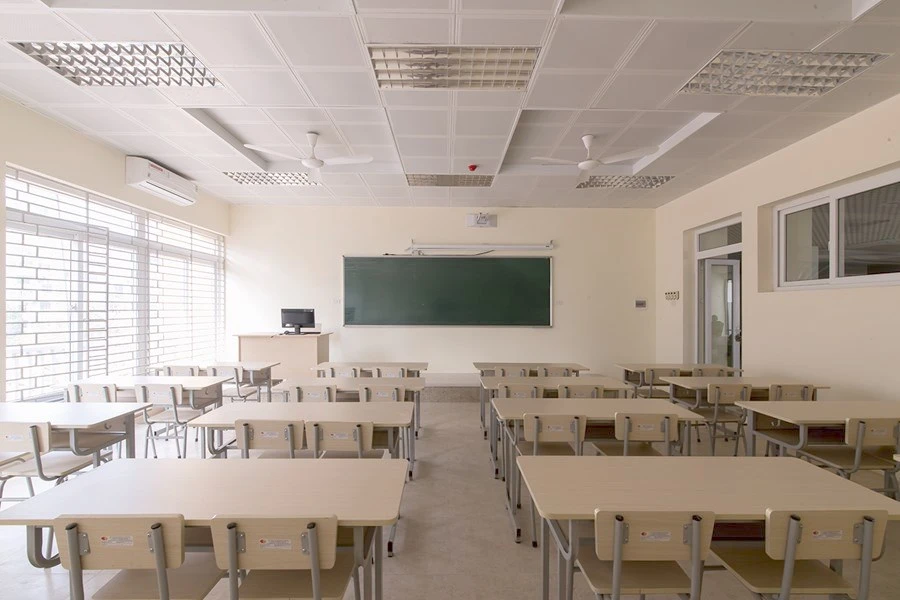

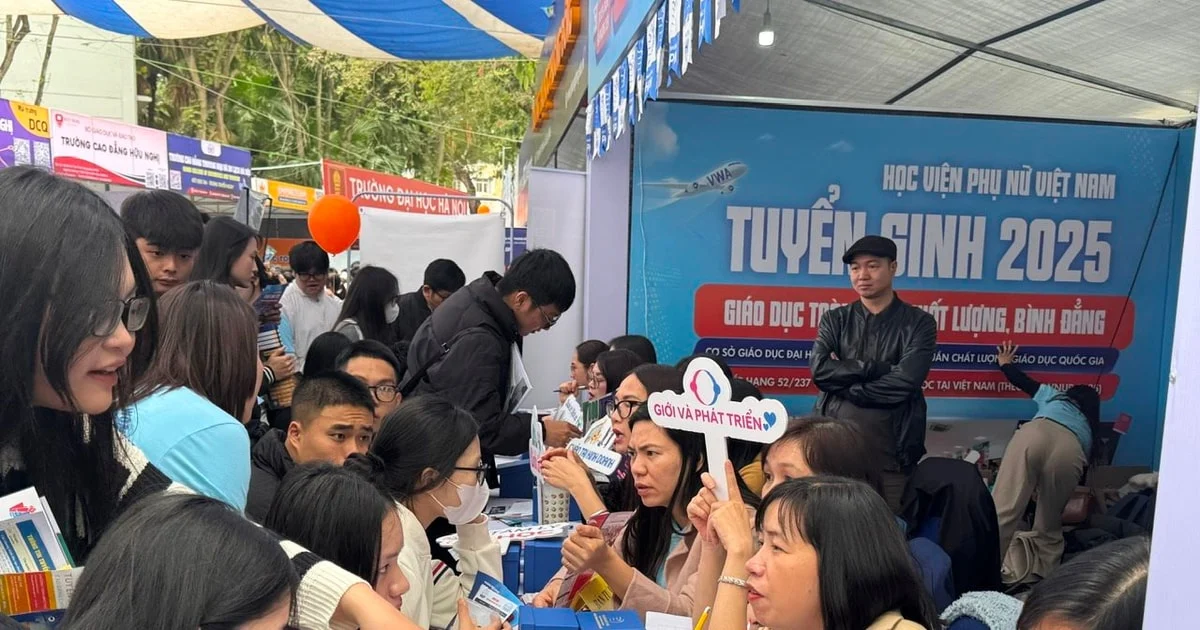

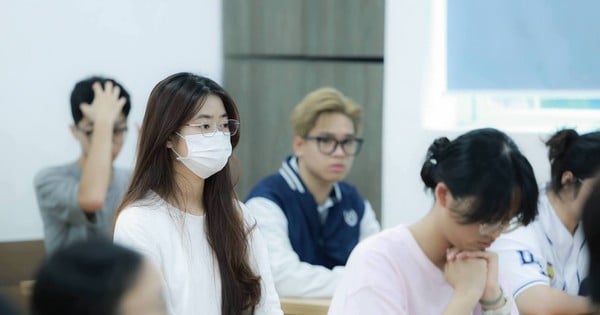

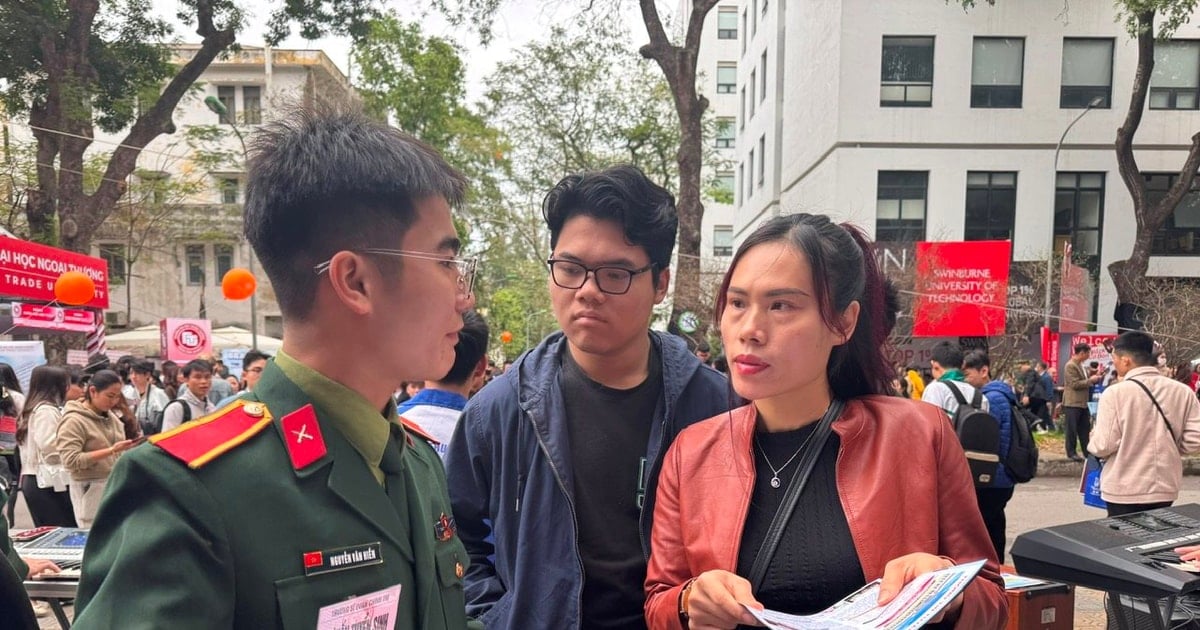
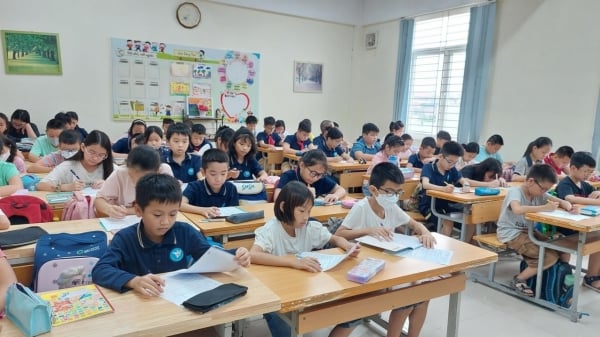

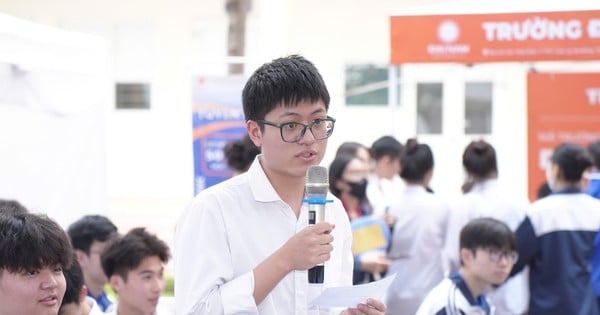


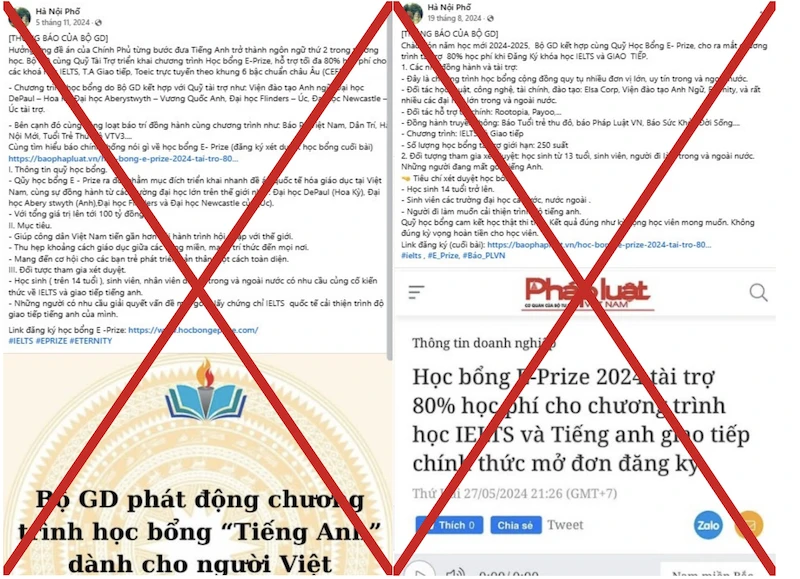























































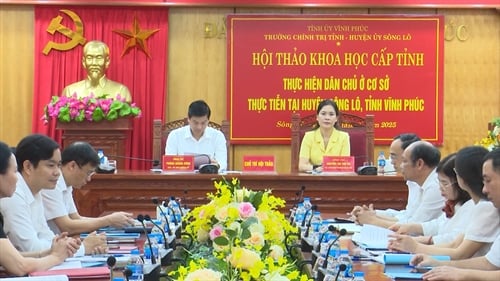

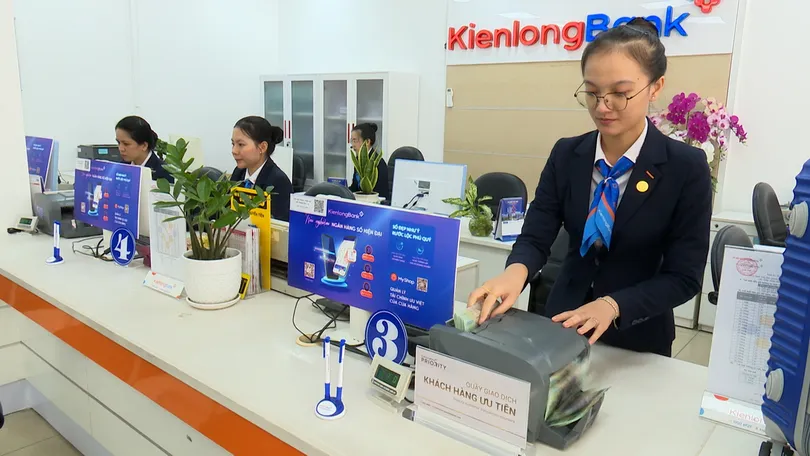
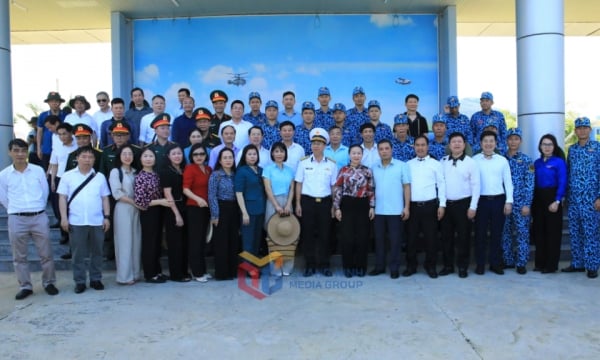











Comment (0)